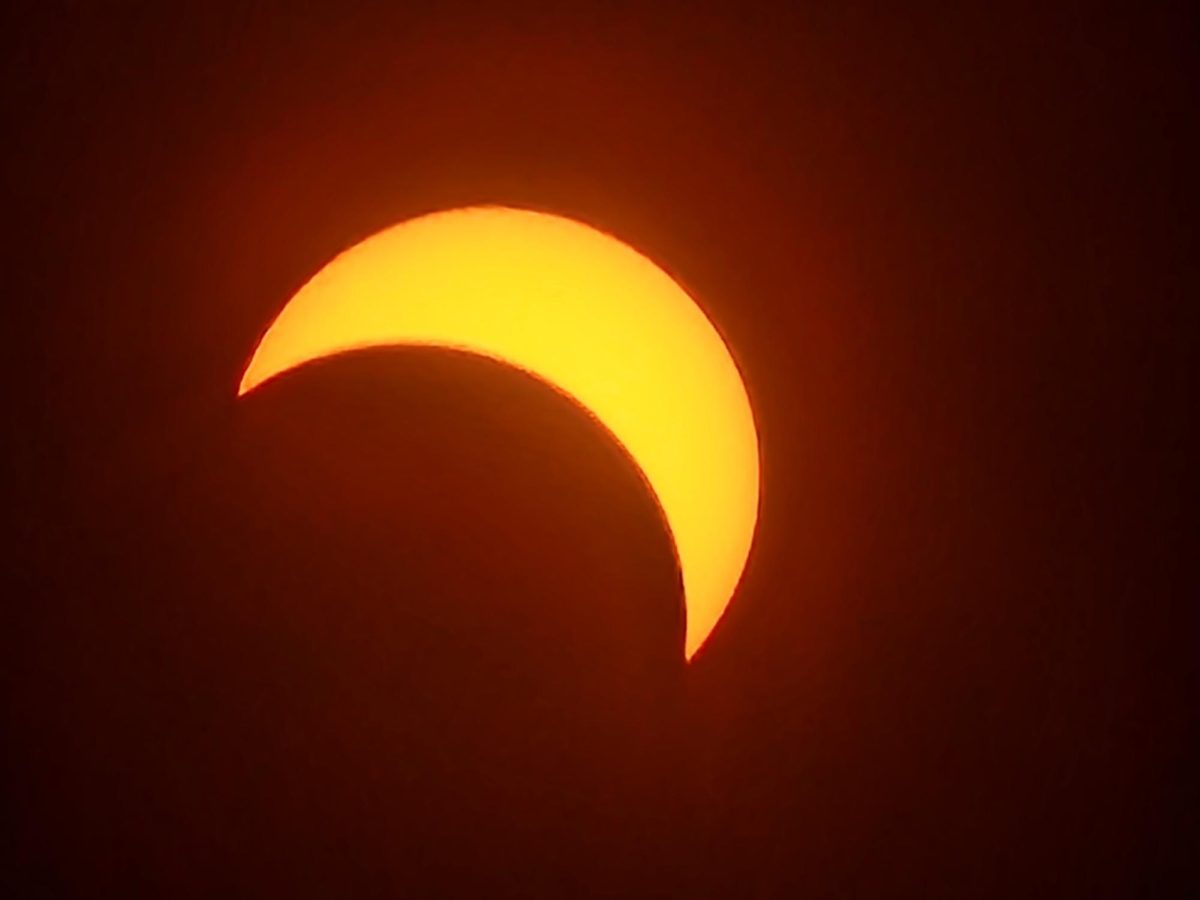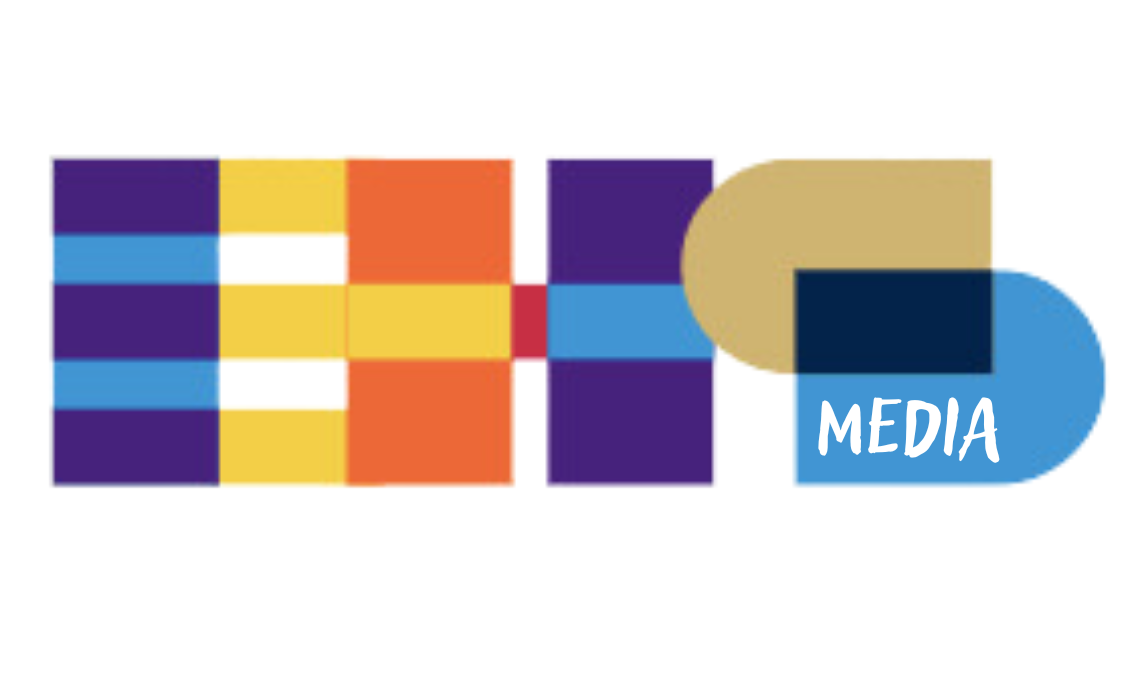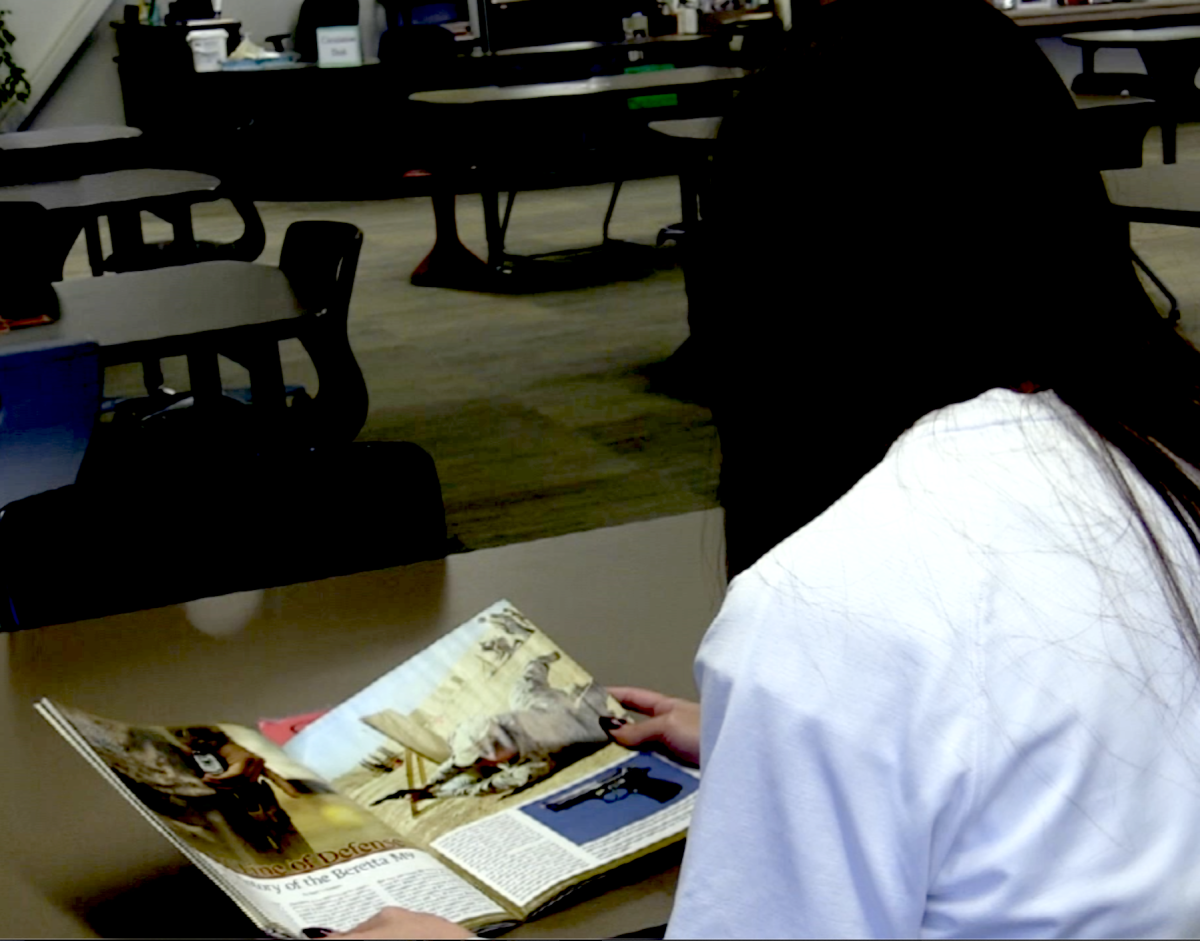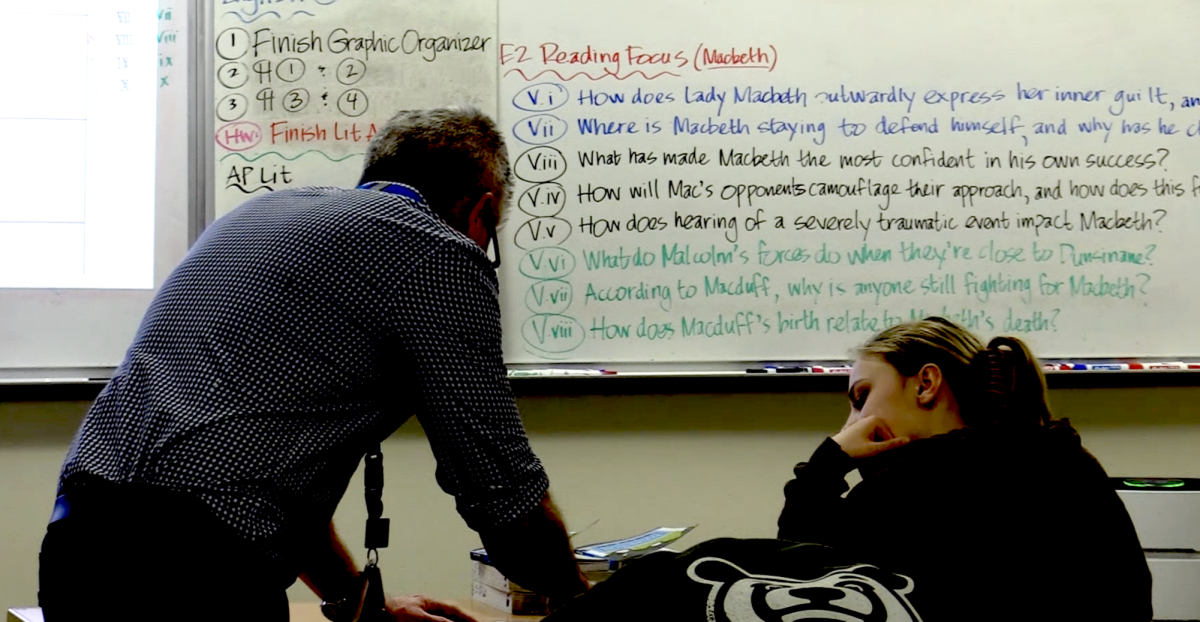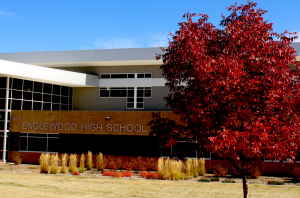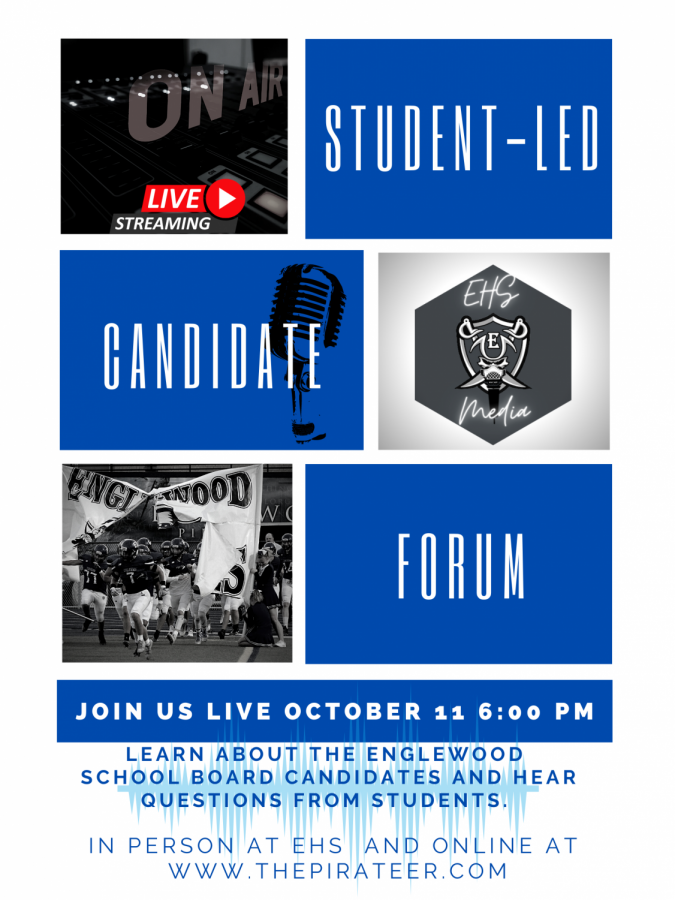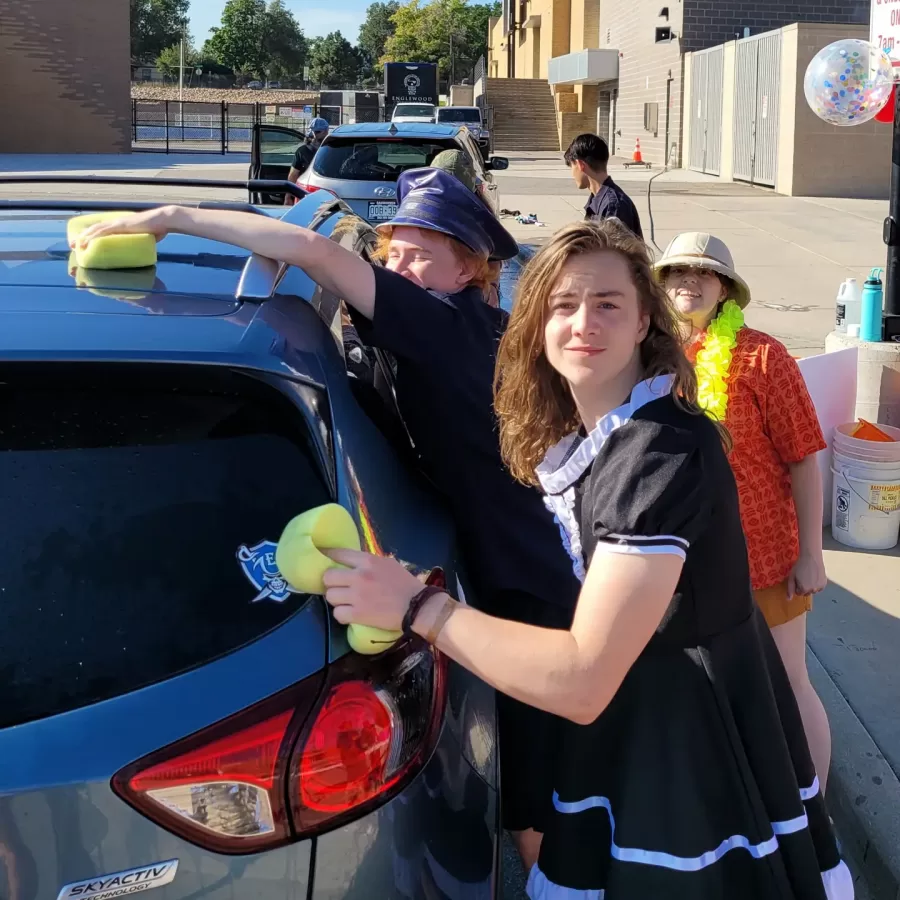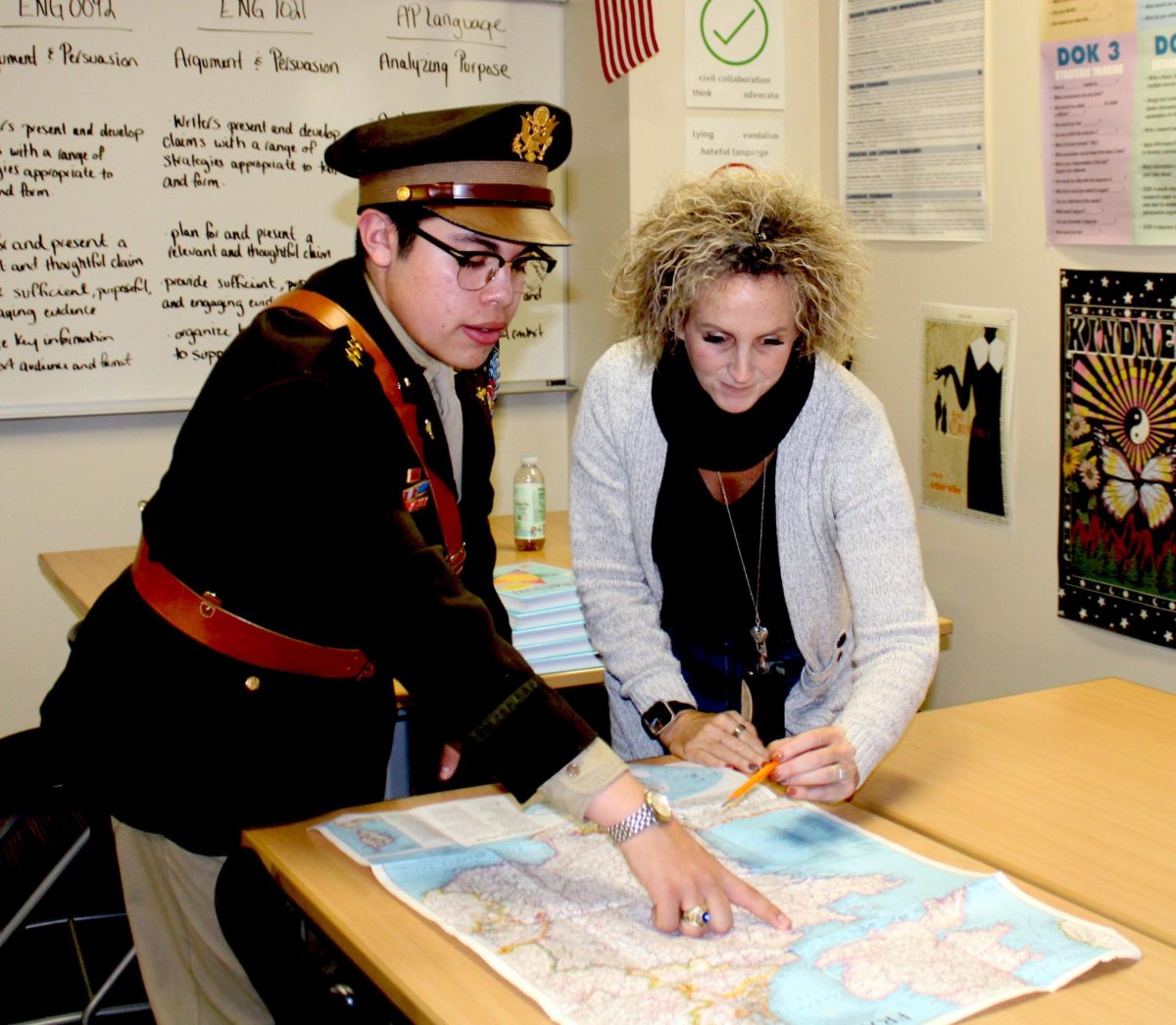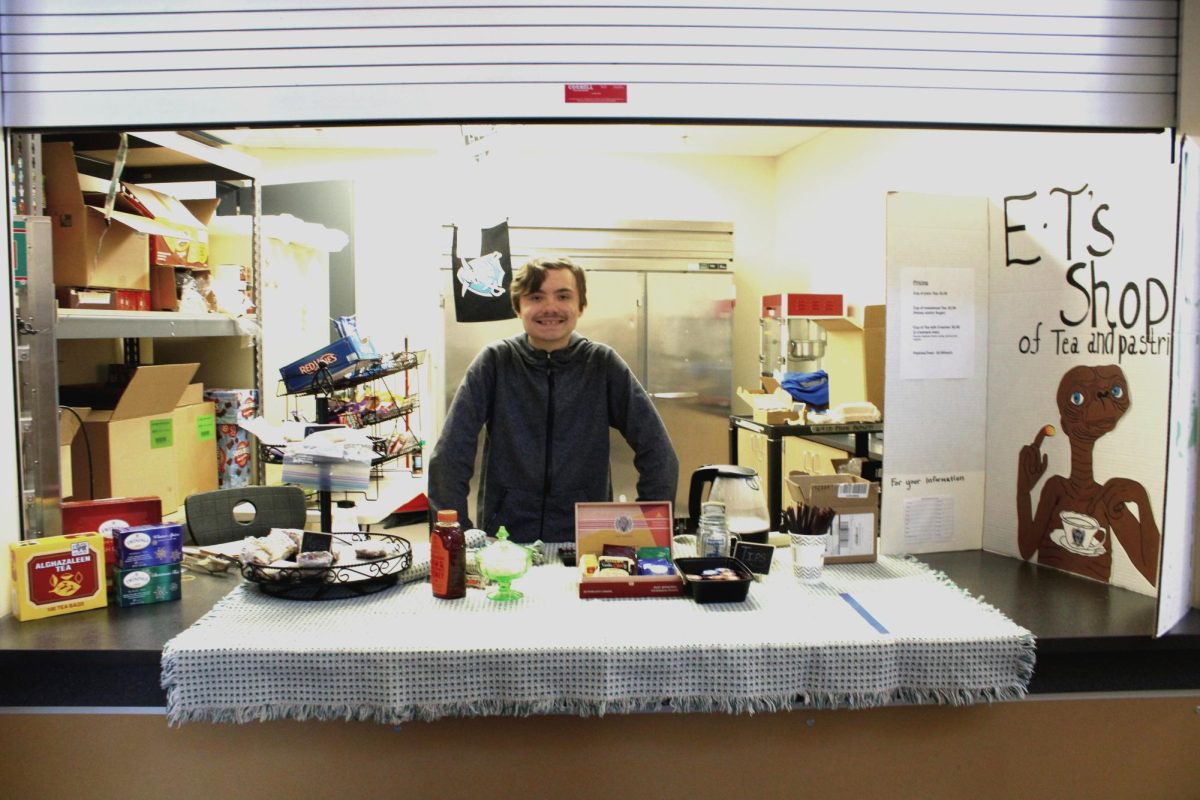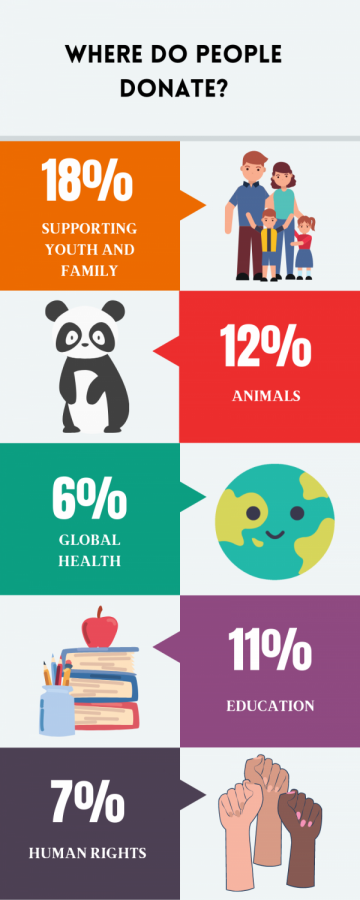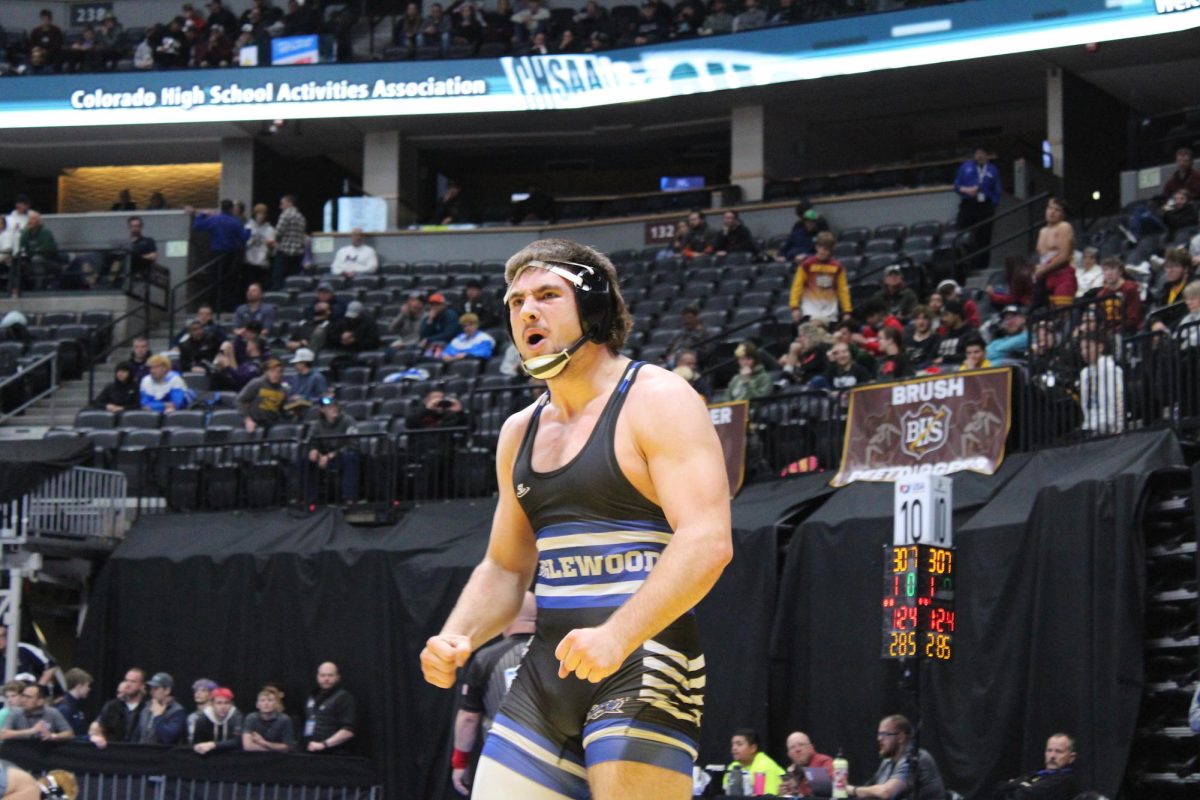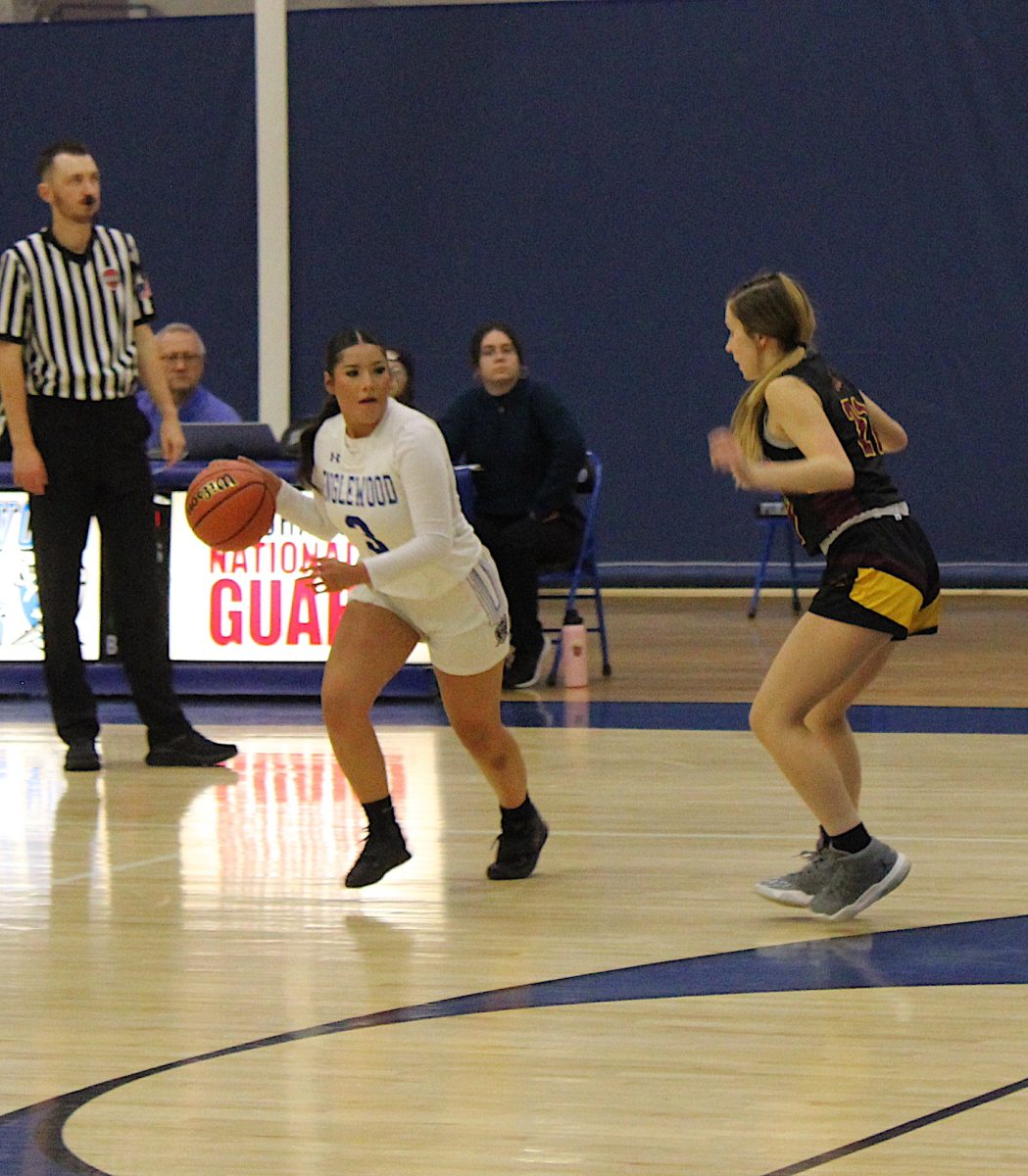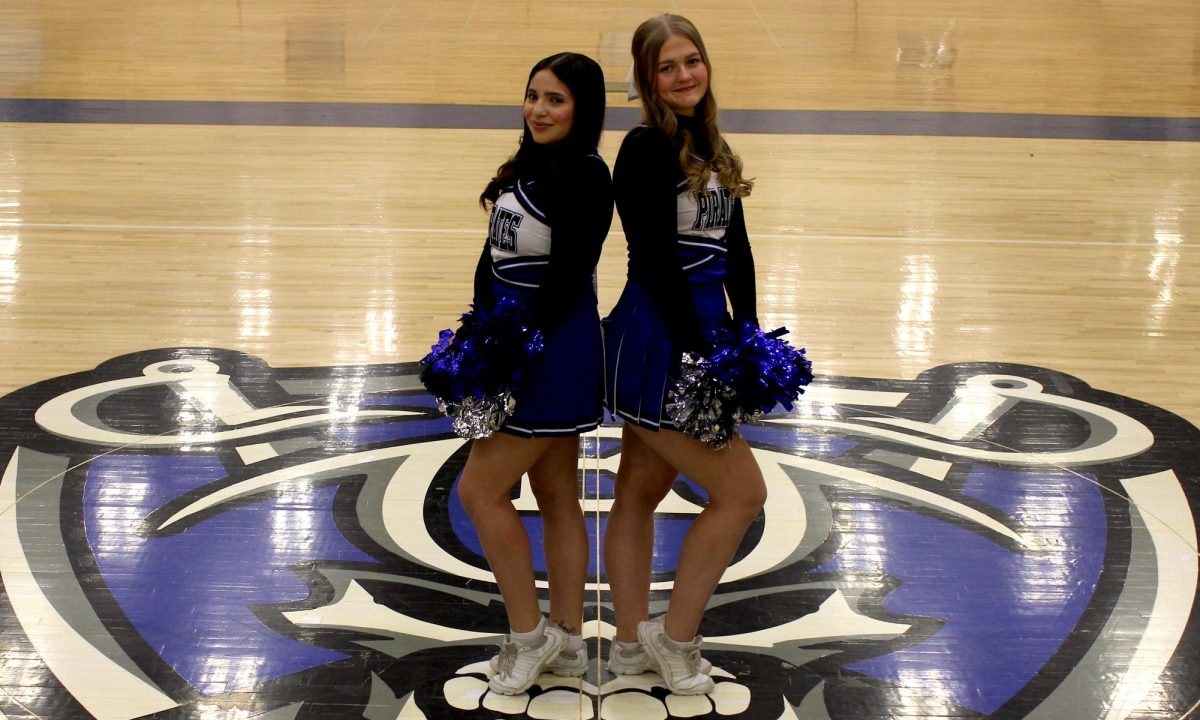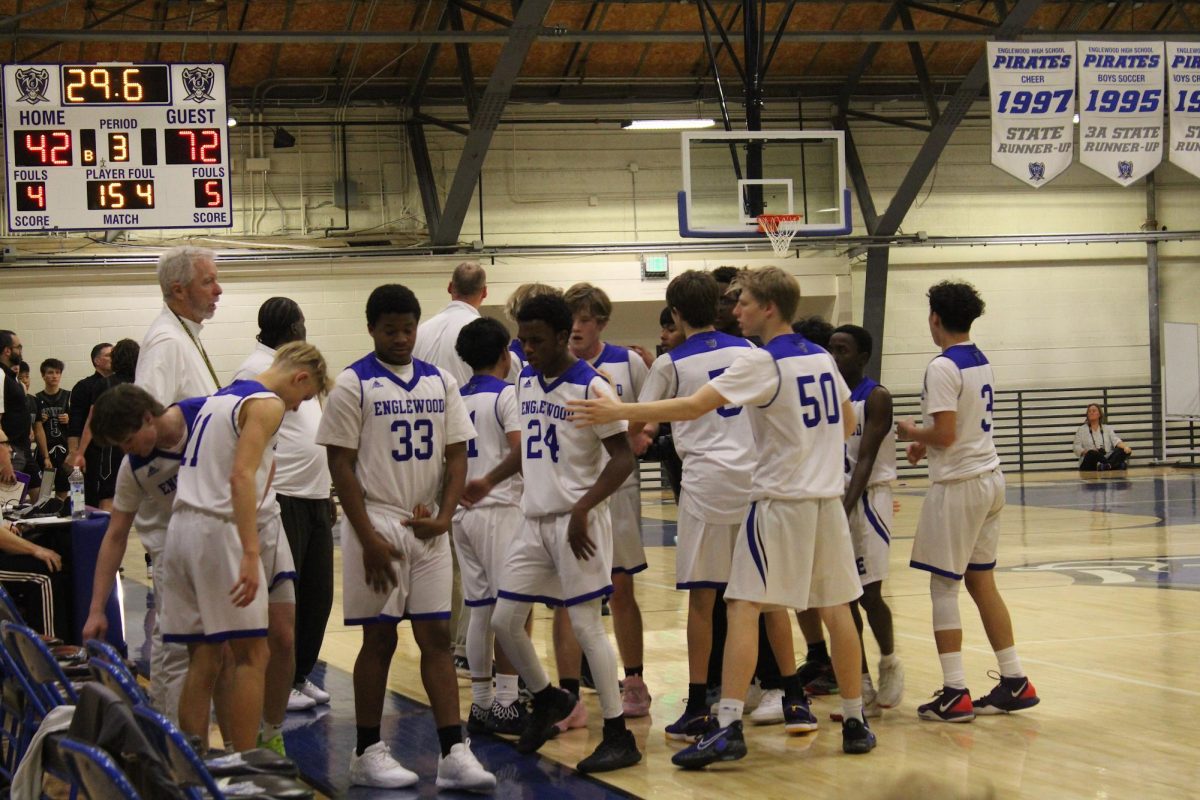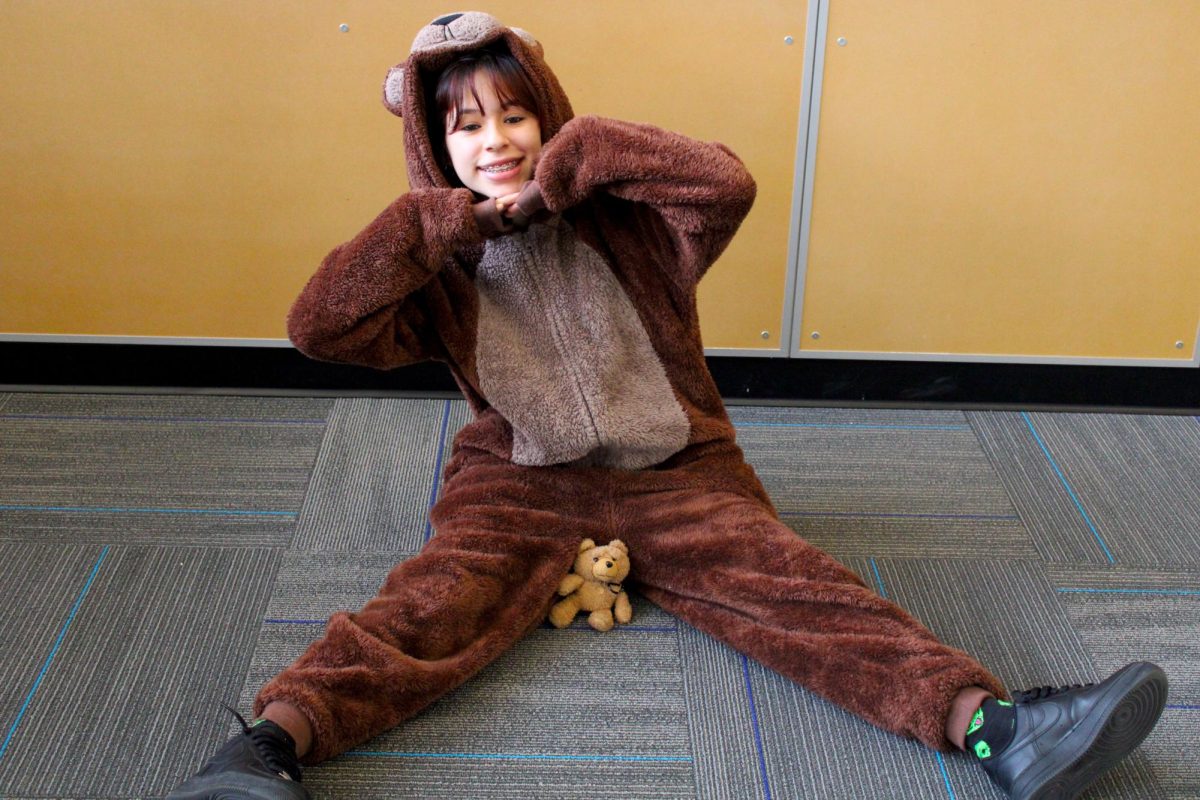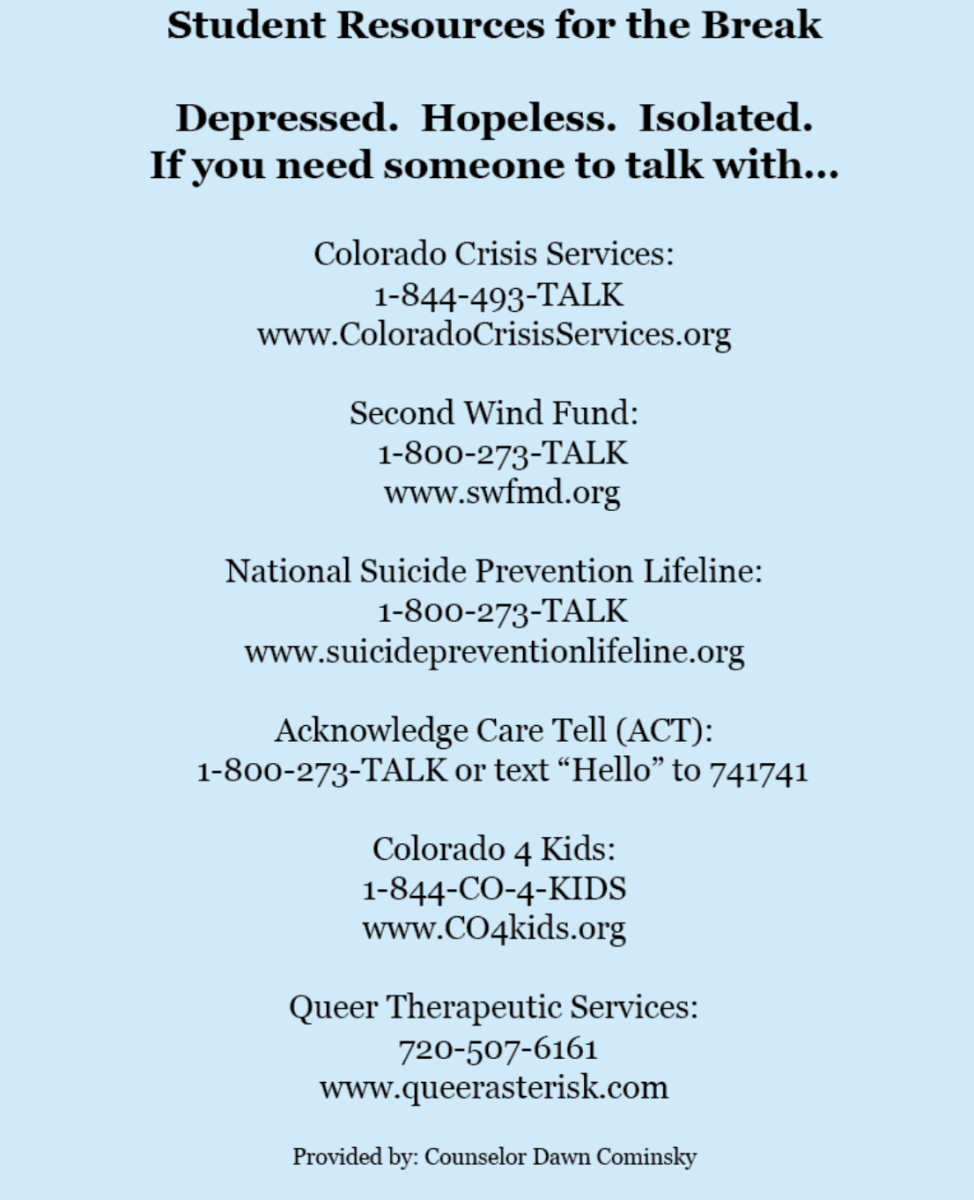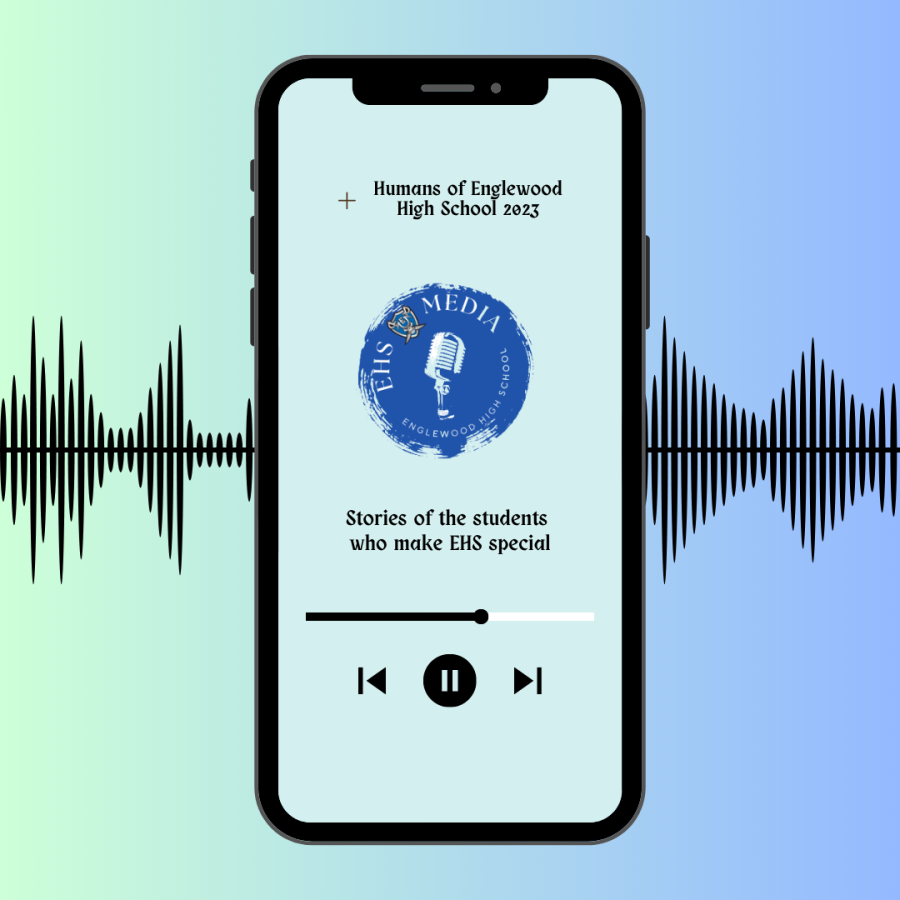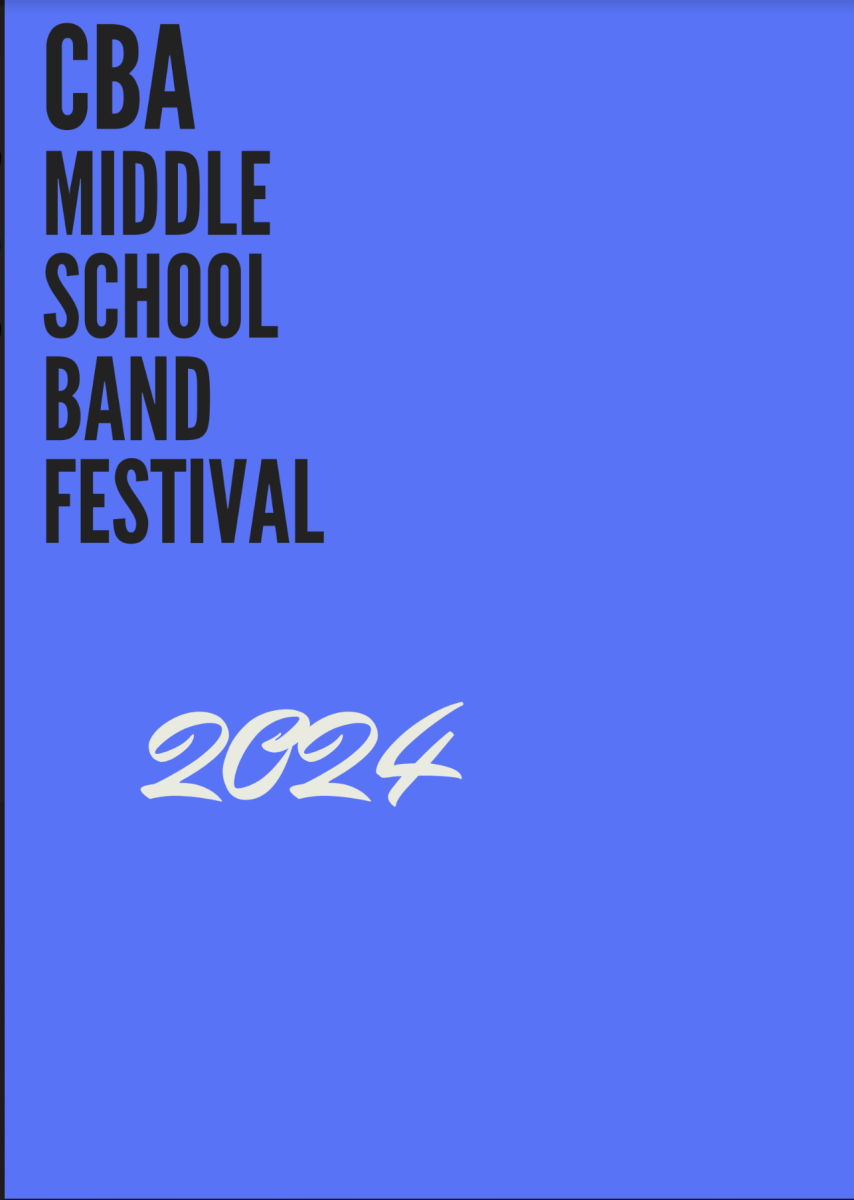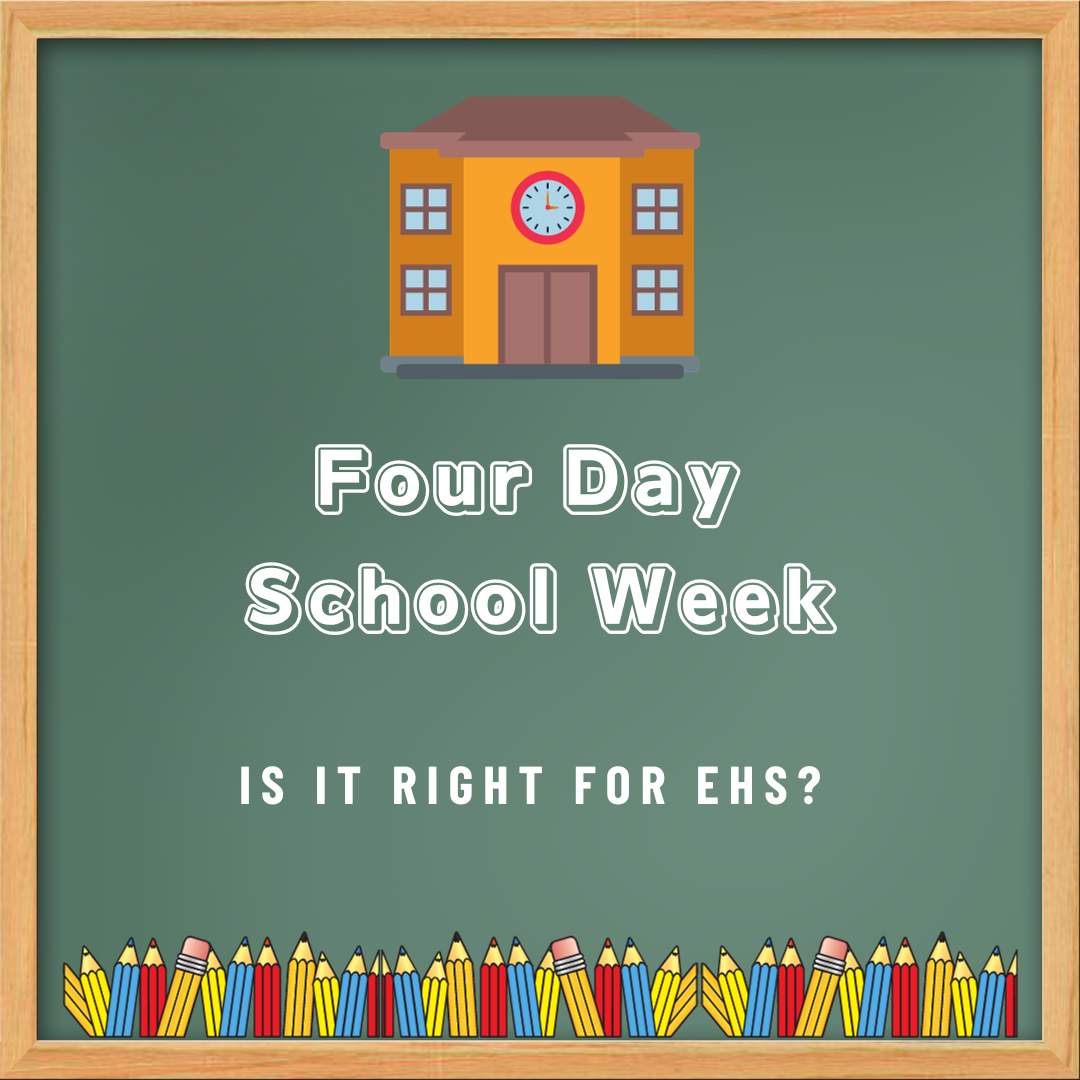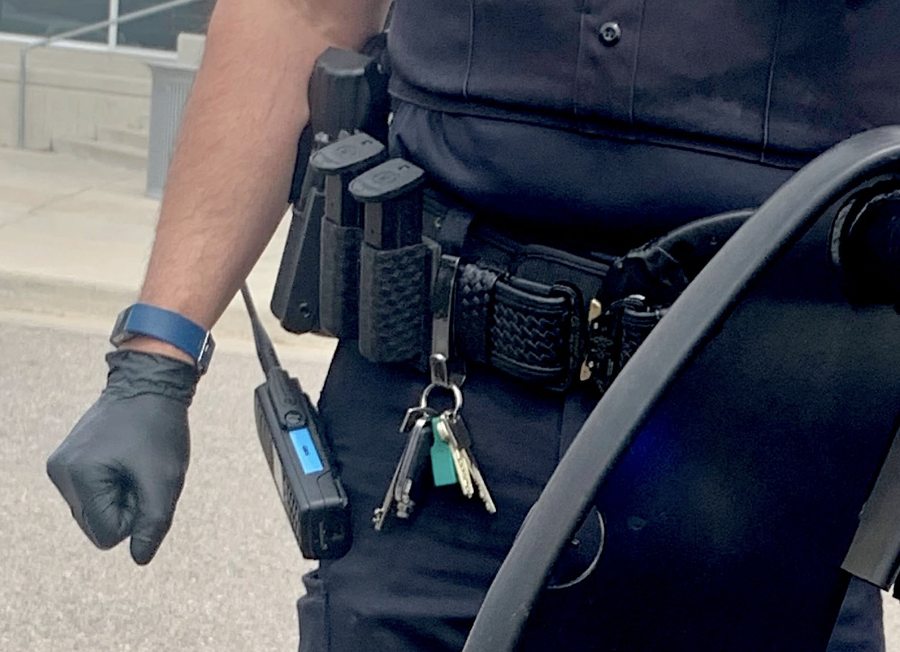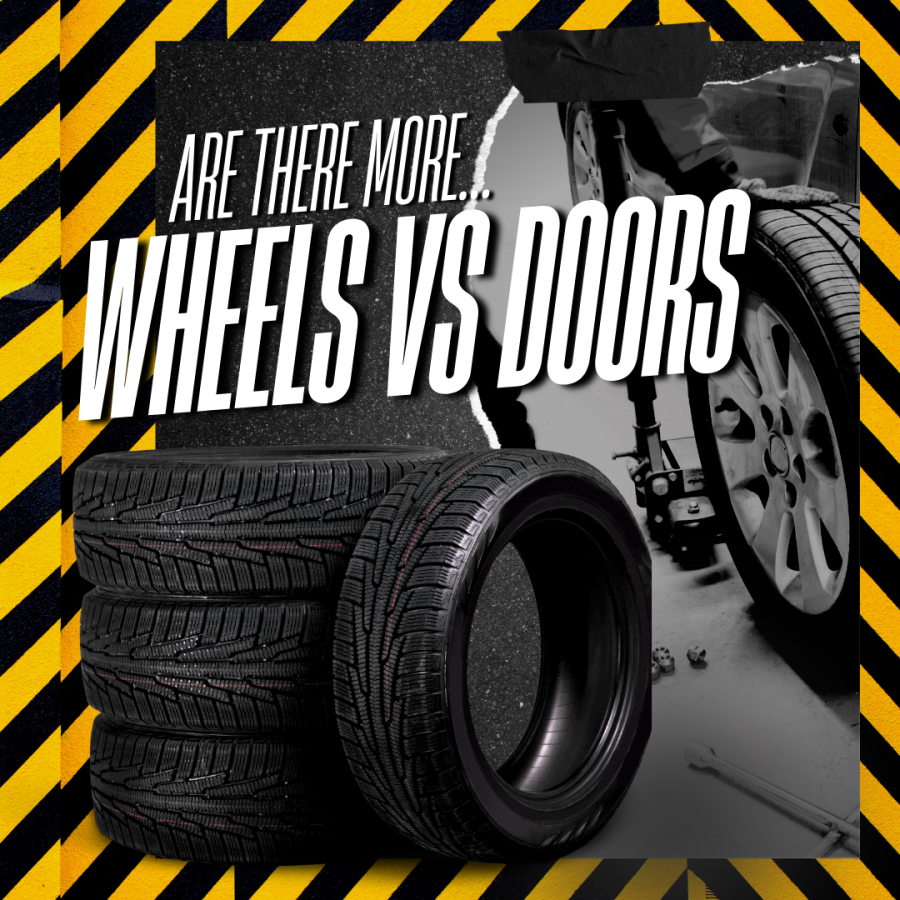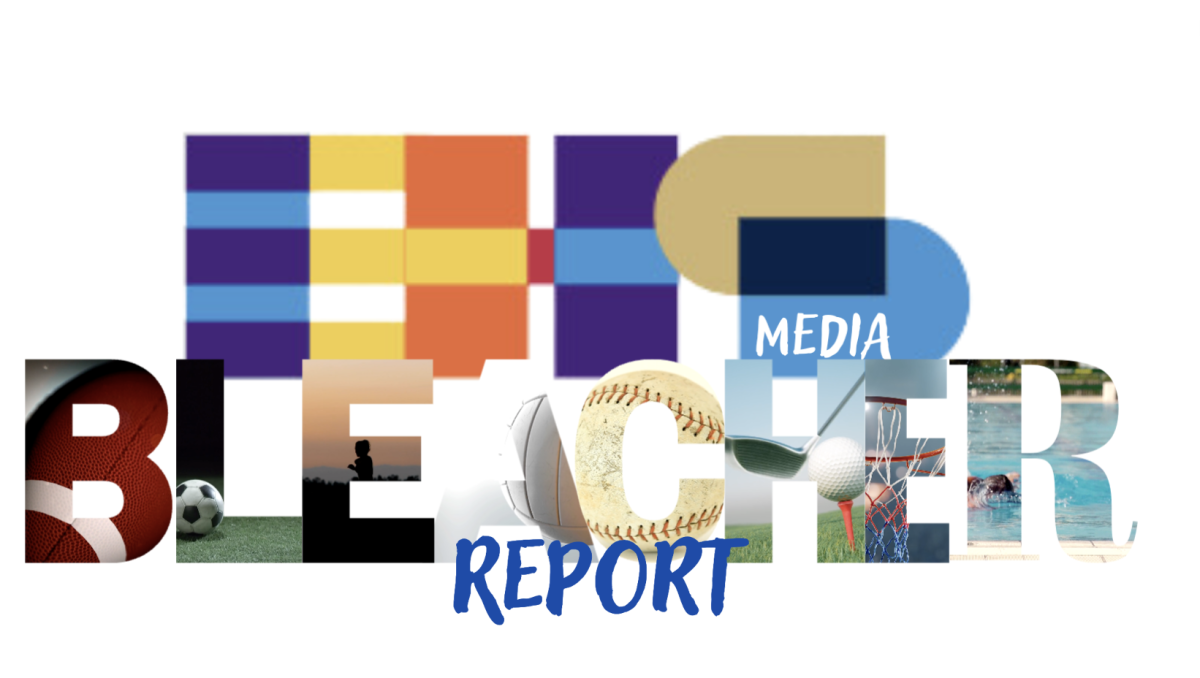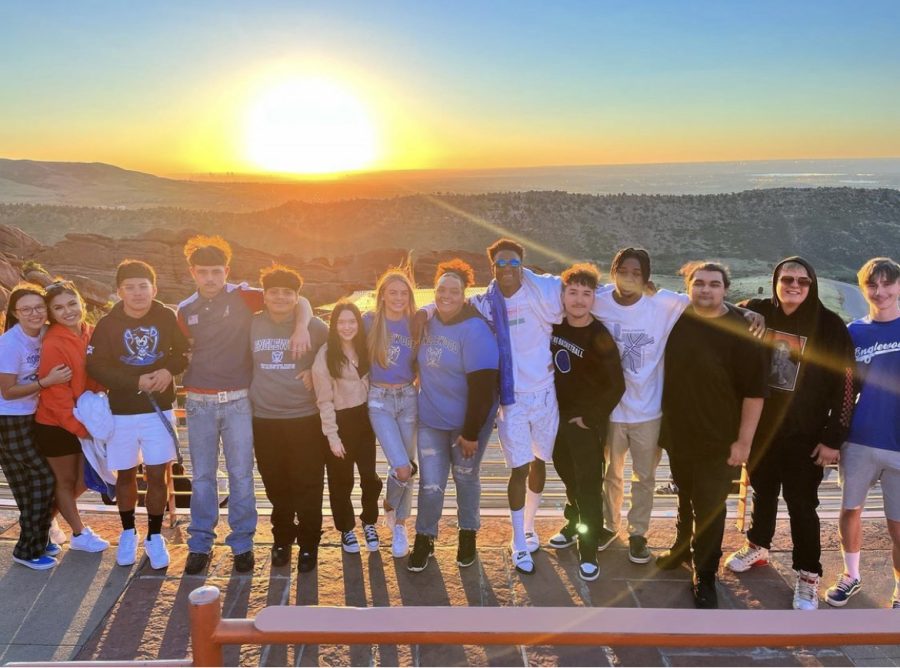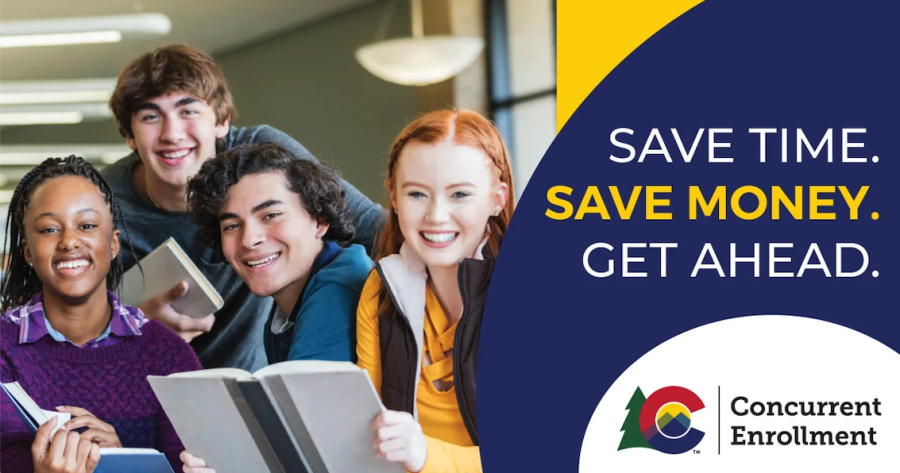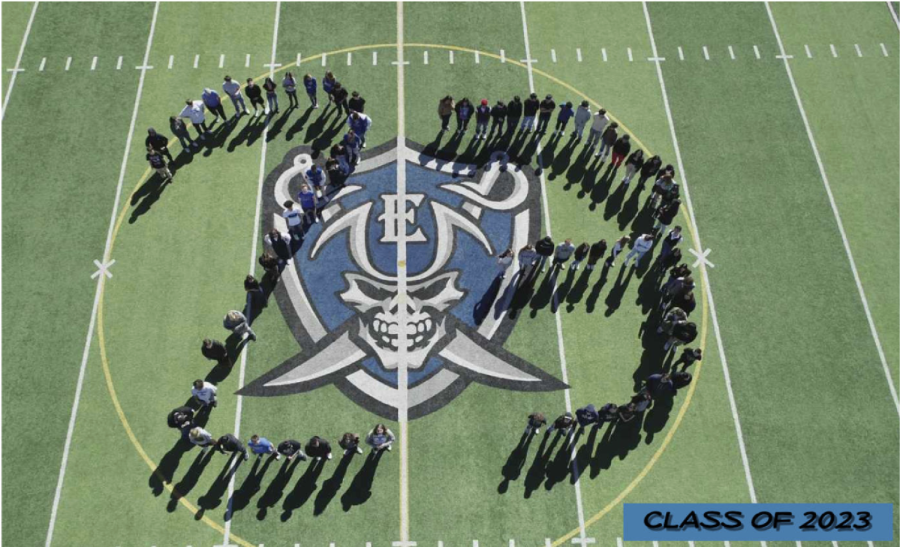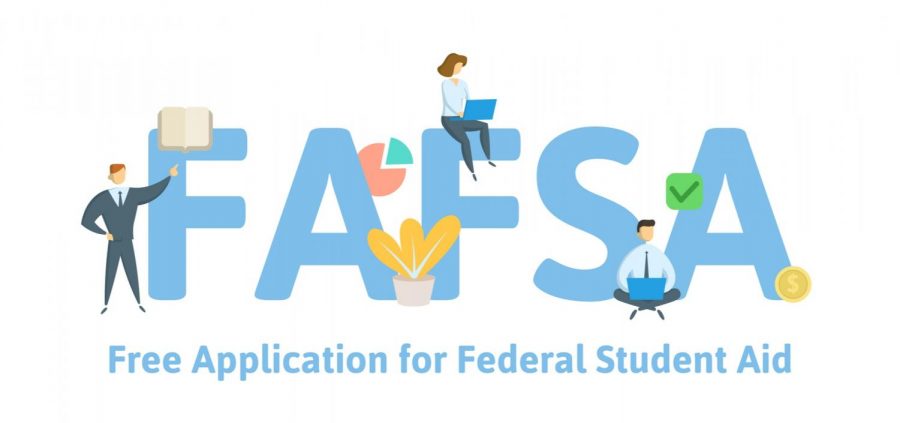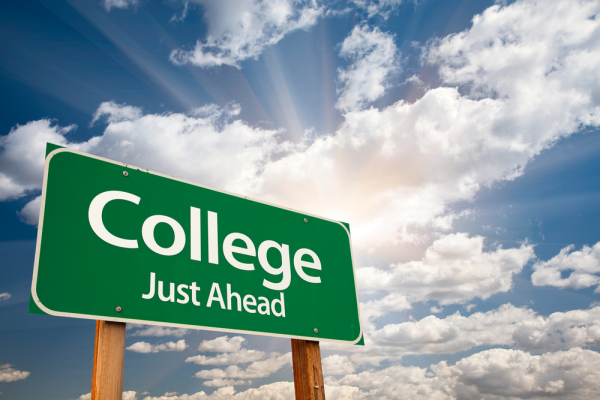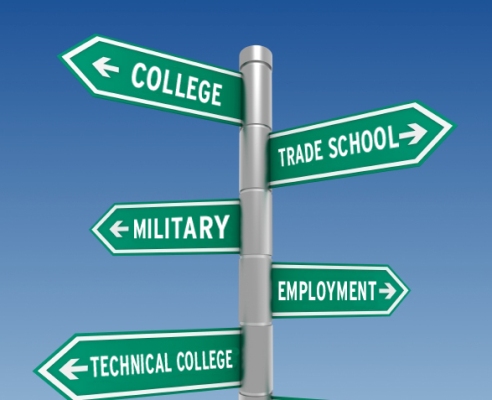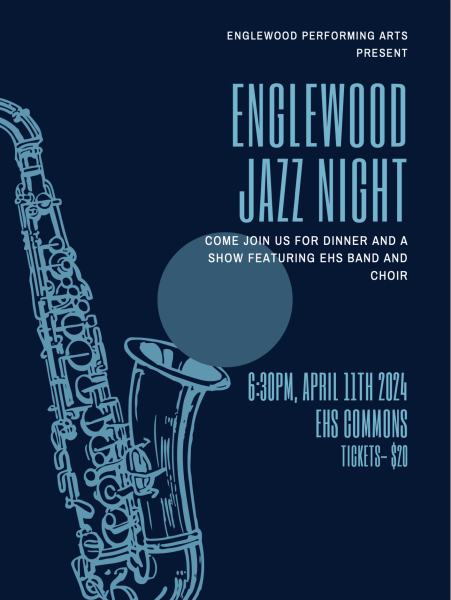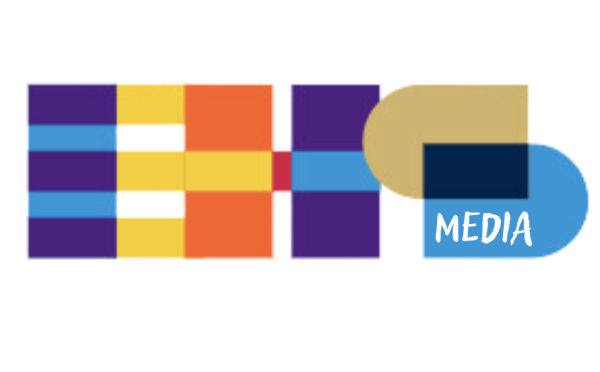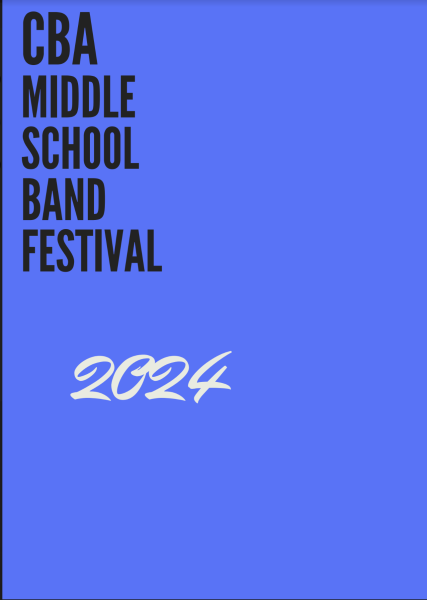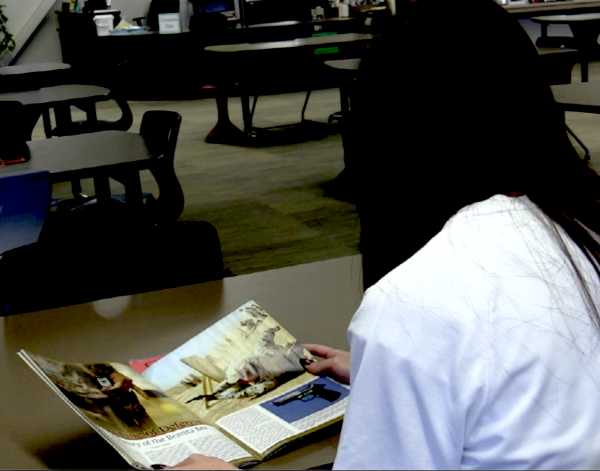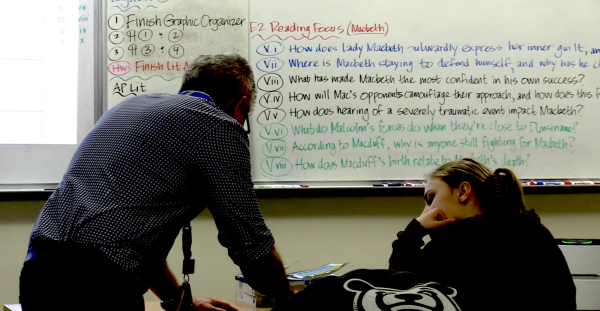The Presidential Election: Should you care?
What you need to know
You are probably ready for the Presidential election to be over! Trump or Clinton? If you are watching the election unfold, you may be sick of hearing about it in the media. Fighting, accusations, and lies have forced the real issues to the back burner. You may even ask yourself, “Why should I care?” Well, it affects you. From what it can mean to your future to what life lessons it may be instilling in you. “Even though I’m not voting, it has to do with my future because the candidates would have the power to change laws that can affect students,” says Jenna Korinek (12).
Let’s start with why you should care. Exactly what issues in this campaign would directly affect teens:
National debt:If it’s not paid off by the time you grow up, you’ll be paying it back well into your retirement years. Pick a candidate with a plan to pay it off or down that you agree with as a solution.
Healthcare: Keep or get rid of Obamacare. Does your family need it? Do you need it? You have to get your own health insurance by the time you are 25. How is that going to happen? The candidate you choose should answer that question.
Environment, gas prices and global warming: Where do you stand on these issues? Your candidate should reflect your views.
Education: How will your education (college, tech school) be funded? Your candidate should tell you how they feel about school loans, grants, and our options.
These are just a few examples. If the future president makes laws that change school taxes or cut out technology you may have a very different education. The voting-eligible youth in the country will have an impact on the 2016 presidential race, according to many politicos. And those young voters will be urged by Republicans and Democrats to cast their ballots in this year’s election.

Do you care yet? Maybe not.
The problem is a lot of students in high school, even those who are old enough to vote are getting their information from social media. “I get most of the information about the politics on social media and TV,” Diamante Martinez (10) He’s not alone, “Most of the political information is on Facebook,” Maise Sturrock (12).
Republican www.donaldjtrump.com
Democrat www.hillaryclinton.com
Green Party www.jill2016.com
Libertarian www.johnsonweld.com
Amanda Bryan teaches Government at EHS. She says, “When it comes to voting for candidates, you have to take the time to learn about the beliefs of the candidates before you vote. As Spiderman says, ‘With great power comes great responsibility.’ “
Good information is one issue, the polarizing candidates is another. Some students here at EHS are just tired of hearing nasty back and forth from both candidates. “I feel like horrible because the debate yesterday shows that Donald Trump lies.” Isaac Resinos (12) EHS students have a hard time making sense of it all, “They aren’t even arguing about points being made, they are only trying to slam each other to make themselves look good.” Andrew Elder (12)
One other issue is the political climate is possibly shaping your expectations of adult life, leadership and showing some really bad manners. EHS psychologist Patrick Maschka doesn’t like the overall message students may receive. As an example, what if you hear the candidates say whatever they want without regard for anyone else? “My concern is that this kind of behavior sends a mixed message, we are teaching youth kindness and compassion and respect, and world level leaders are modeling something different,” says Patrick Maschka. He says in politics model something better, “If they are not modeling how we should behave as decent citizens, it degrades what is considered normal and we are eventually possible heading to a society that is antagonistic and undesirable. My advice to youth who witness this behavior is to take the high road themselves and be the ones who bring about change by being positive role models.”
Candidates in this election may be teaching you that anyone who disagrees with you is not only wrong but bad, “I think if we accept a belief that people are bad because they disagree with us, we are undermining one of basic freedoms to speak against the opinion of someone else. Dialogue has to have disagreement but the disagreement has to happen with respect,” says Maschka.
He says candidates may give the illusion that personal achievement may be more important than what we do for the good of others. “that approach contradicts the role of our commander in chief. if the candidates are focussing on their personal achievements we are not hearing what we need regarding the leadership of our nation. We need authority with respect, compassion, and kindness, not attempts to make the other candidate look bad.”
Experts urge you to take a minute to think about it. If one person believes their vote will not make a difference and we multiply that times the number of people that feel the same way, we may have a real problem on our hands. Those votes can make or break an election.
BY THE NUMBERS
20% of voting-eligible citizens age 18-29
50% of youth voters in 2008 (approx.)
65% of youth votes President Obama received in 2008
60% of youth votes President Obama received in 2012
55% of youth lean Democratic
45% of youth leaning Republican
Source: Miami University political science professor Clyde Brown
Your donation will support the student journalists of Englewood High School - CO. Your contribution will allow us to purchase equipment and cover our annual website hosting costs.

I am a senior at Englewood high school. I want to be a computer programmer when I graduate College. I also make YouTube videos in my spare time.


